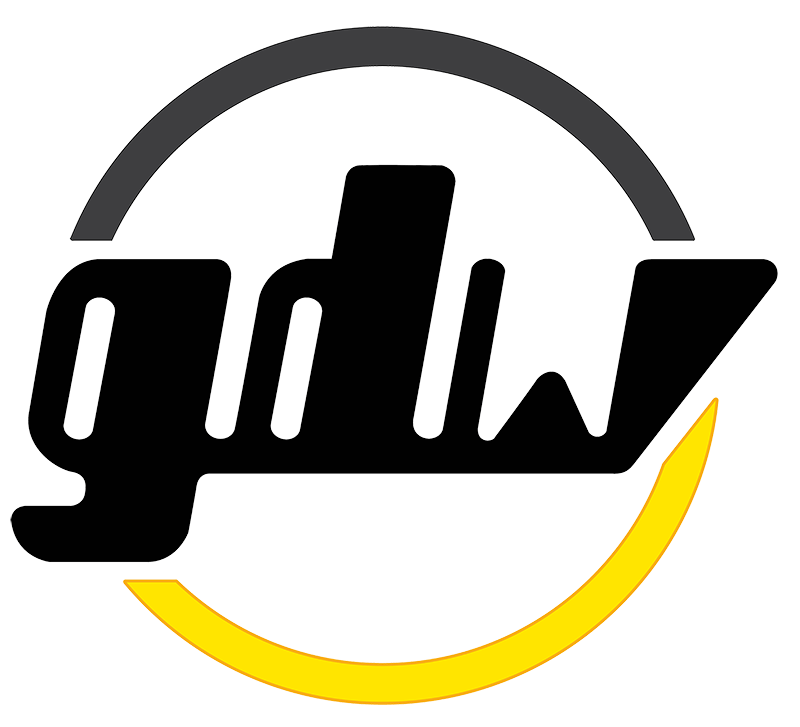Whistleblower policy
Any person who, in a work-related context within GDW, identifies breaches as outlined in points 1, 2, and 3 below may report them through the internal reporting mechanism established by GDW (hereinafter referred to as the reporter). Provided that such reporting is made in good faith, the reporter is protected against reprisals. This protection also extends to facilitators and third parties associated with the reporter who may be subjected to reprisals in a work-related context.
Good faith is understood to mean that:
the reporter had reasonable grounds to believe that the reported information concerning breaches was accurate at the time of reporting and that such information fell within the scope of this law (to be assessed in the presence of a person in a similar situation with comparable knowledge);
the reporter is aware that the reported information falls within the scope of whistleblower legislation. This is to be assessed in the presence of a person in a similar situation with comparable knowledge;
the reporter reports the information internally or externally.
In accordance with the regulations on the transposition of whistleblower legislation, the following breaches are targeted:
1. Breaches relating to the following areas:
public procurement;
financial services, products, and markets, prevention of money laundering and terrorist financing;
product safety and conformity;
transport safety;
environmental protection;
radiation protection and nuclear safety;
food and feed safety, animal health, and welfare;
public health;
consumer protection;
protection of privacy and personal data, and security of networks and information systems;
fight against tax fraud;
fight against social fraud.
2. Breaches affecting the financial interests of the Union as referred to in Article 325 of the Treaty on the Functioning of the European Union and further elaborated in relevant Union measures and, where applicable, in national implementing provisions;
3. Breaches related to the internal market, as referred to in Article 26(2) of the Treaty on the Functioning of the European Union, including breaches of Union competition and state aid rules.
Reports in accordance with whistleblower legislation can be made through three channels:
1. Internal channel :
Reporters should use the internal reporting channels provided as much as possible. These internal channels aim to detect and remedy breaches in the areas outlined above within the organization. Reports can be made in writing via incident@gdwtowbars.com.
2. External channel:
Reporters may also use an external channel established by the government. Complaints can then be lodged with the Federal Ombudsman and sectoral authorities (such as the FSMA, the NBB, the FAVV, the FANC, or the Data Protection Authority).
3. Media or other forms of disclosure:
When an internal or external report does not lead to appropriate action, there are serious grounds to believe there is an immediate danger to the public interest, or there is a risk of retaliation or destruction of evidence.
Sanctions for abuses:
Employees who knowingly make false reports, whether with the intention to cause harm or not, may be sanctioned for this.
